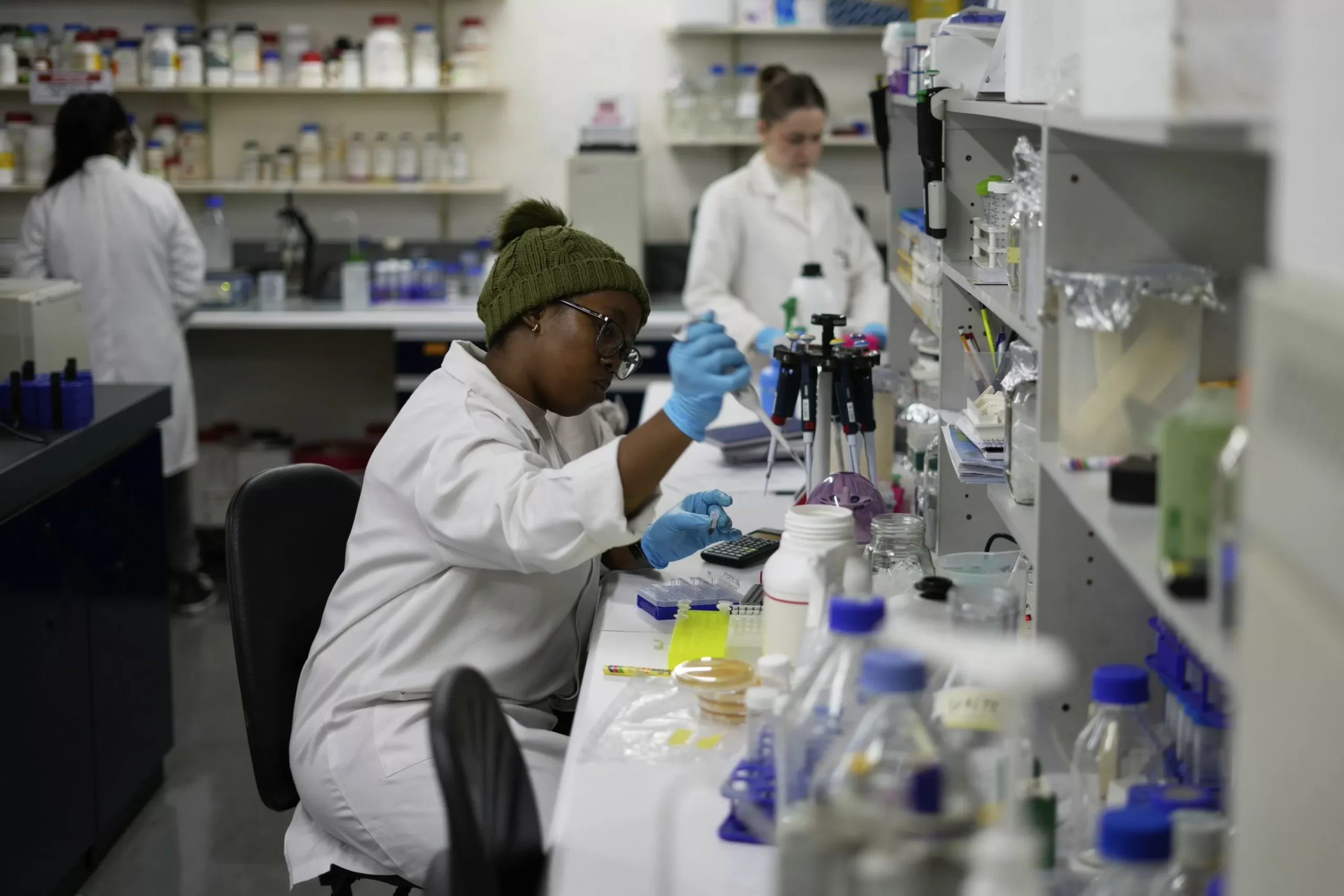Just a week remained before scientists in South Africa were set to begin clinical trials of an HIV vaccine, and the anticipation was palpable. The world watched with bated breath as this promising step towards limiting one of history’s deadliest pandemics was about to unfold.
The HIV virus has been a global health crisis for decades, infecting over 37 million people worldwide and claiming the lives of more than 32 million. Despite significant progress in treatment and prevention methods, the search for a vaccine has been a long and arduous journey. But now, with the clinical trials about to commence in South Africa, there is renewed hope for a breakthrough in the fight against HIV.
The trials, which are set to take place in four cities across South Africa, will involve 5,400 sexually active men and women aged between 18 and 35. The participants will receive either a placebo or the experimental vaccine, which has shown promising results in earlier studies. This is the largest and most advanced HIV vaccine trial to date, and the first to be conducted in South Africa, which is home to the world’s largest HIV epidemic.
The decision to conduct the trials in South Africa is significant for several reasons. Firstly, the country has been at the forefront of the fight against HIV, with a strong commitment to finding a cure. Secondly, it has one of the highest rates of HIV infection in the world, making it an ideal location for testing the vaccine’s effectiveness in a real-world setting. And finally, the country has a robust and well-established medical infrastructure, making it an ideal location for conducting such trials.
The vaccine, developed by the National Institute of Allergy and Infectious Diseases (NIAID), is a mosaic vaccine that targets multiple strains of the virus. Previous vaccine trials have focused on a single strain, which proved to be ineffective in preventing HIV infection. The mosaic vaccine, on the other hand, has shown promising results in animal studies and early-stage human trials.
The potential impact of a successful HIV vaccine cannot be overstated. Not only will it save millions of lives, but it will also significantly reduce the number of new infections. It will also alleviate the burden on healthcare systems and economies, which have been strained by the ongoing HIV epidemic.
The clinical trials are just the first step in a long process towards developing a safe and effective HIV vaccine. It will take several years of rigorous testing and evaluation before the vaccine can be made available to the public. But the fact that we have reached this stage is a testament to the dedication and perseverance of the scientists and researchers who have worked tirelessly towards this goal.
The South African government has also played a crucial role in supporting the development of an HIV vaccine. Their commitment to providing funding and resources for the trials is a testament to their determination to end the HIV epidemic in their country and around the world.
The success of the clinical trials in South Africa will not only bring us closer to a vaccine but will also pave the way for further research and development in this field. It will also serve as a beacon of hope for those living with HIV, their families, and communities. The news of the trials has already sparked a sense of optimism and excitement among people all over the world, and we can only imagine the impact a successful vaccine will have on the global community.
As we eagerly await the results of the trials, let us take a moment to appreciate the significance of this moment. We are on the cusp of a breakthrough that has the potential to change the course of history and save millions of lives. Let us continue to support and encourage the scientists and researchers, and most importantly, let us never lose hope in the fight against HIV. With each step we take, we are one step closer to ending this devastating epidemic once and for all.






![Complete BritRail Pass Guide [Types, How to Use It, Pros + Cons]](https://inside-news.uk/wp-content/uploads/2025/06/00221EB4-BCA2-4DBB-6CD4-83DBC37D71FA-120x86.webp)















